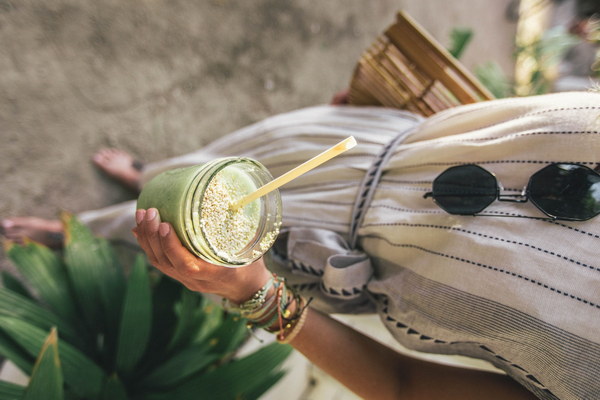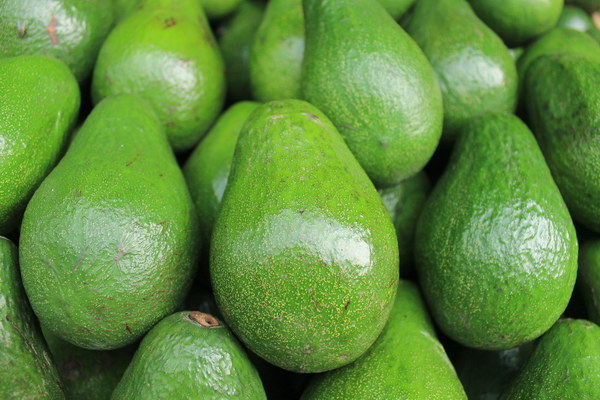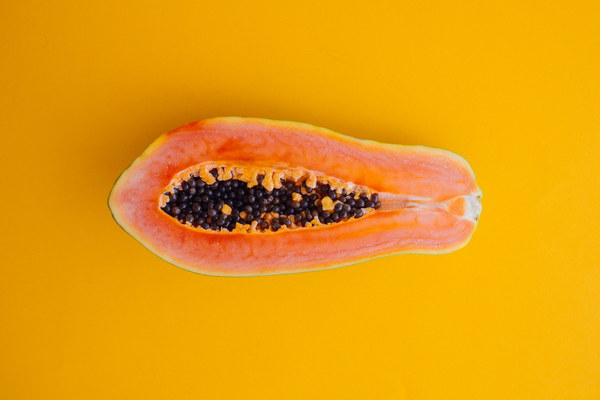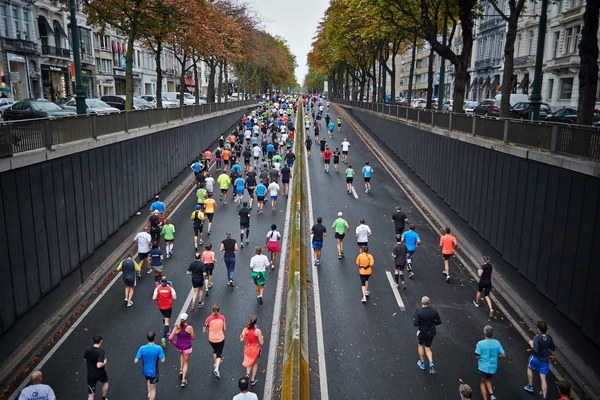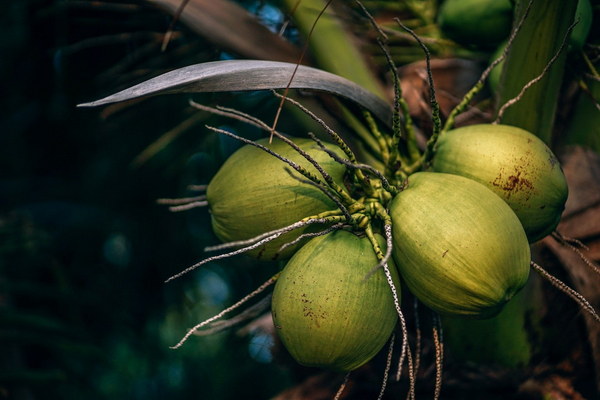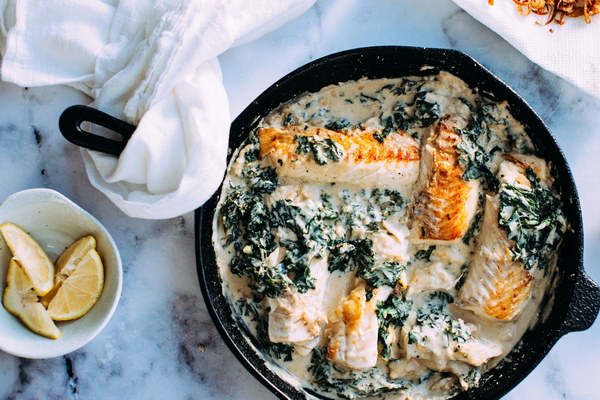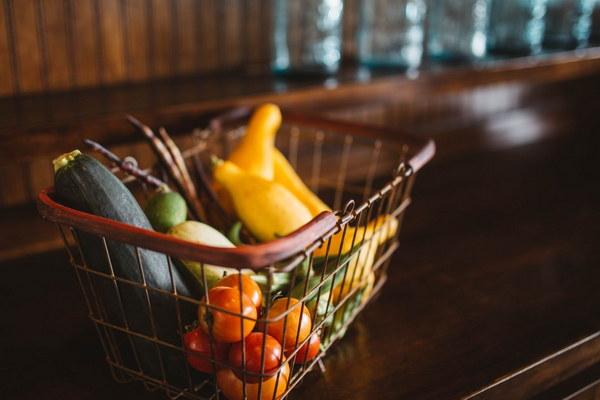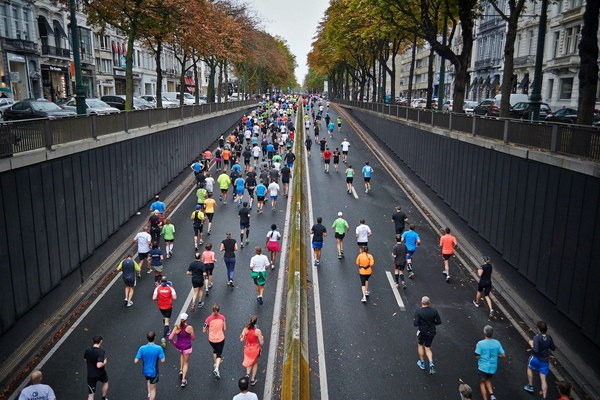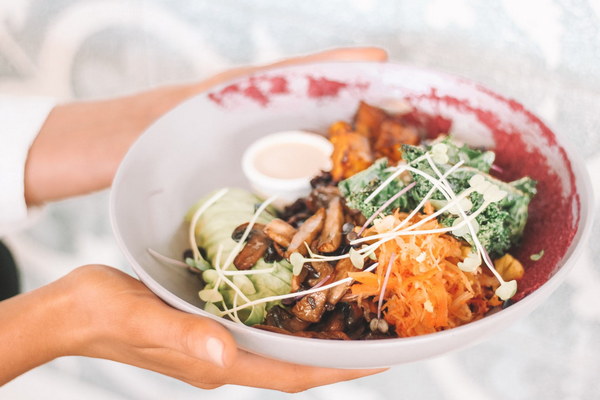Boosting Iron Levels A Nutritional Guide to Combat Anemia in Women
Boosting Iron Levels: A Nutritional Guide to Combat Anemia in Women
Anemia, a condition characterized by a deficiency of red blood cells or hemoglobin in the blood, is particularly prevalent among women. This can be due to various factors such as menstruation, pregnancy, and a lack of iron in the diet. For women suffering from anemia, proper nutrition plays a crucial role in restoring and maintaining healthy iron levels. Below, we delve into a comprehensive nutritional guide to help combat anemia in women.
Understanding Anemia
Anemia is not a single disease but rather a symptom of an underlying condition. It can manifest in various forms, with iron-deficiency anemia being the most common. Symptoms of anemia include fatigue, weakness, dizziness, shortness of breath, and pale skin.
The Role of Iron
Iron is an essential mineral required for the production of hemoglobin, the protein in red blood cells that carries oxygen to the body's tissues. There are two types of iron: heme iron, found in animal products, and non-heme iron, found in plant-based foods.
Foods Rich in Iron
1. Meat and Poultry:
- Beef liver
- Chicken liver
- Lean red meats (beef, pork, lamb)
- Chicken and turkey
2. Fish and Seafood:
- Sardines
- Tuna
- Clams
- Oysters
3. Dairy Products:
- Fortified cereals
- Fortified milk
- Yogurt
- Cheese
4. Legumes:
- Lentils
- Chickpeas
- Black beans
- Kidney beans
5. Nuts and Seeds:
- Cashews
- Almonds
- Chia seeds
- Pumpkin seeds
6. Fruits and Vegetables:
- Prunes
- Raisins
- Dried apricots
- Spinach
- Broccoli
- Beans
Enhancing Iron Absorption
To maximize the absorption of iron from the diet, it is important to pair iron-rich foods with sources of vitamin C. Vitamin C enhances the absorption of non-heme iron. Here are some examples:
1. Citrus Fruits:
- Oranges
- Lemons
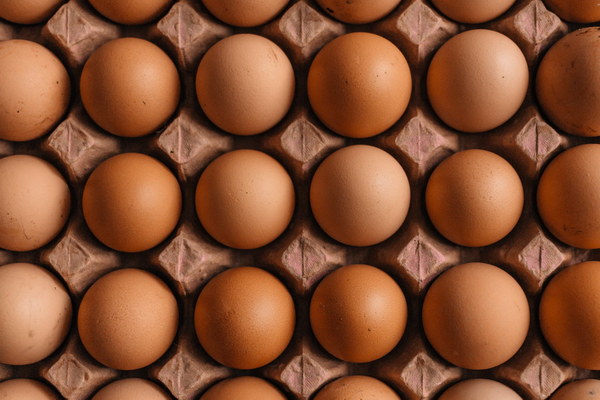
- Limes
2. Berries:
- Strawberries
- Blueberries
- raspberries
3. Vegetables:
- Bell peppers
- Broccoli
- Tomatoes
4. Herbs:
- Parsley
- Cilantro
- Spinach
Foods to Avoid
Certain foods can hinder iron absorption. It is best to limit or avoid the following:
1. Calcium-Rich Foods:
- Milk
- Cheese
- Ice cream
2. Tannin-Rich Foods:
- Black tea
- Coffee
- Red wine
3. Phytic Acid-Rich Foods:
- Beans
- Nuts
- Seeds
Other Nutritional Considerations
1. Vitamin B12:
- Found in animal products, vitamin B12 is crucial for red blood cell formation. If you follow a vegetarian or vegan diet, consider supplementing with vitamin B12.
2. Folic Acid:
- This B vitamin is important for red blood cell production. It can be found in leafy green vegetables, beans, and fortified cereals.
3. Vitamin C:
- As mentioned earlier, vitamin C enhances iron absorption. Consuming vitamin C-rich foods alongside iron-rich foods is beneficial.
Conclusion
Combating anemia in women through nutrition involves a balanced diet rich in iron and vitamin C, as well as avoiding foods that hinder absorption. It's important to consult with a healthcare provider to determine the underlying cause of anemia and to tailor the diet to individual needs. With the right approach, women can effectively manage their anemia and improve their overall health and well-being.
